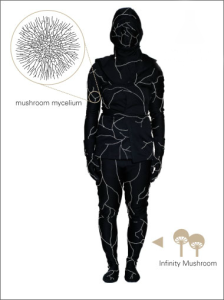 Even though more than 50% of US citizens still don’t have a will, you’d think that the presidents of the United States, with all of their legal advisors and staff, would definitely have protected their property by preparing one.
Even though more than 50% of US citizens still don’t have a will, you’d think that the presidents of the United States, with all of their legal advisors and staff, would definitely have protected their property by preparing one.
Not true – Abraham Lincoln, Andrew Johnson, William Garfield and Ulysses S. Grant did not!
Two presidents who did leave wills freed slaves in them. George Washington left his entire estate to his wife Martha. He requested that, upon her death, all of their 317 slaves should receive their freedom.
Thomas Jefferson actually freed some of his slaves in his will – 3 older men who worked for him for decades and two of Sally Heming’s four children.
Most other presidents left fairly standard wills, leaving their assets to family members, though a few left special bequests.
Richard Nixon bequeathed his personal diaries to the Richard Nixon Library and Thomas Jefferson gave his friend and former president James Madison his gold-mounted walking staff.
Regardless of what presidents have or have not done, you should definitely consider getting a will prepared today. Otherwise, the government will decide what happens to your assets, not you.
For more information about wills and other end-of-life planning, go the www.diesmart.com.


